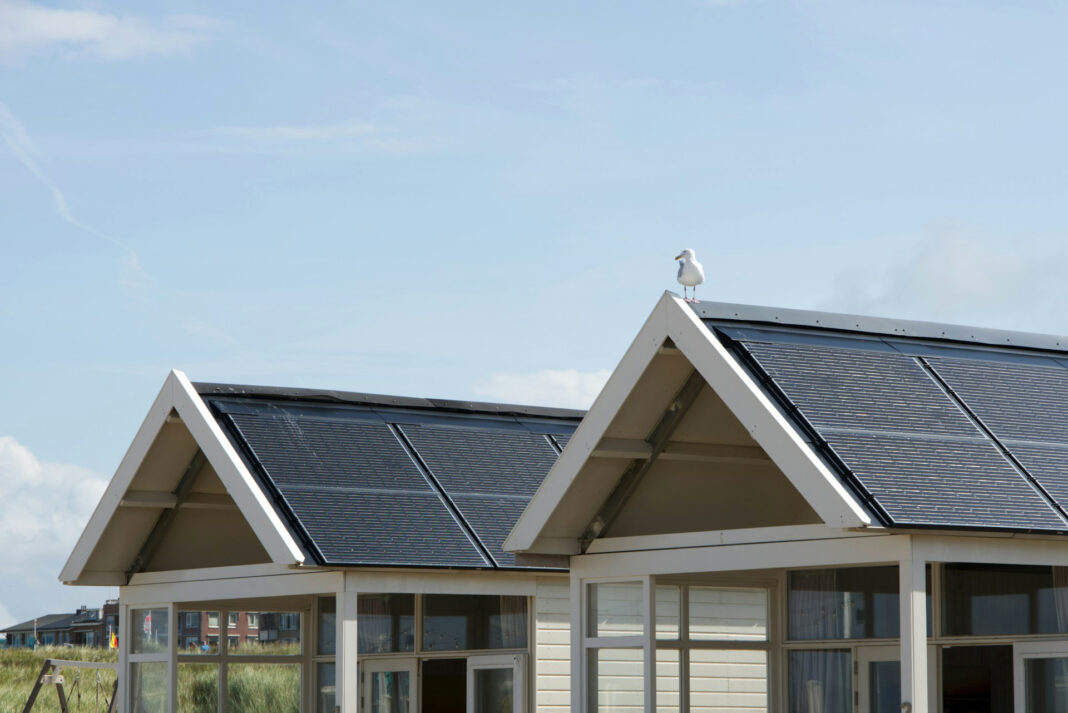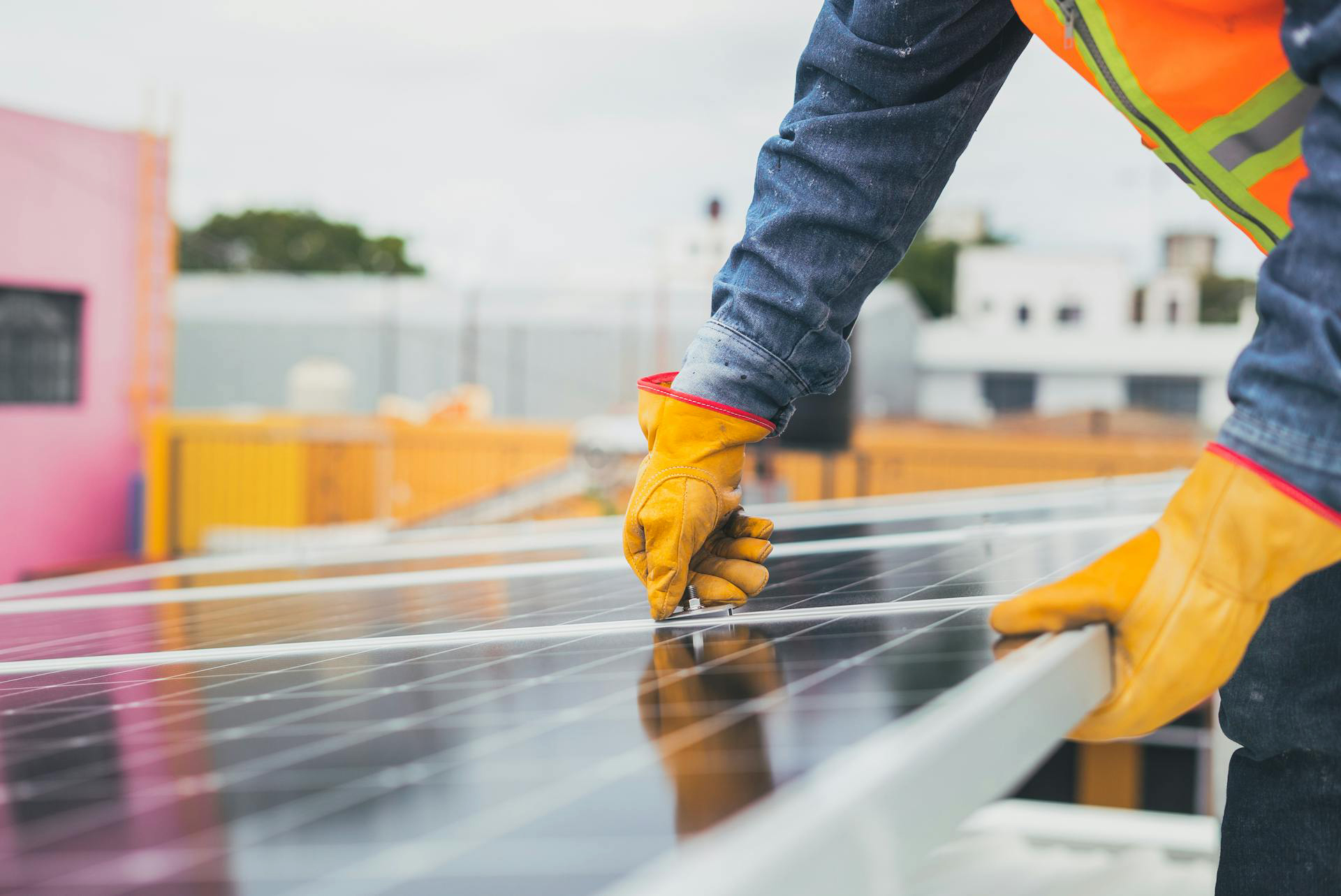The demand for renewable energy sources is higher than ever. As homeowners seek sustainable and cost-effective ways to power their homes, solar panels have emerged as a popular and practical solution. Not only do they reduce dependence on fossil fuels, but they also offer significant financial savings and contribute to environmental conservation. This guide will delve into the myriad benefits of installing solar panels on your roof, providing you with all the information you need to make an informed decision about harnessing the power of the sun.
Financial Savings and Incentives
One of the most compelling reasons to install solar panels on your roof is the potential for significant financial savings. With the rising costs of electricity, generating your own renewable energy can considerably reduce your monthly energy bills. Over time, these savings can add up, resulting in thousands of dollars saved over the lifespan of your solar panels.
There are numerous incentives and rebates available for homeowners who choose to go solar. Federal and state governments, as well as local utilities, often offer tax credits and other financial incentives to encourage the adoption of renewable energy. These incentives can considerably offset the initial investment cost, making solar panels more accessible and affordable for many households. Whether you need a professional solar installer in Dayton or any other city, it is crucial to research and take advantage of the available incentives in your area. It is also worth considering the long-term benefits of solar panels, as they can increase the value of your home and provide an excellent return on investment.
Environmental Benefits
Solar panels play a crucial role in reducing greenhouse gas emissions and combating climate change. Unlike fossil fuels, solar energy is a clean and renewable resource that does not produce harmful emissions when generating electricity. By opting for solar panels, homeowners can significantly reduce their carbon footprint and contribute to a healthier planet.
The adoption of solar energy supports the global transition to renewable energy sources, decreasing our reliance on finite fossil fuels. This shift not only helps preserve natural resources but also reduces the environmental impact associated with energy production, such as air and water pollution, habitat destruction, and other harmful effects linked to traditional energy sources.
Energy Independence
Installing solar panels on your roof provides a measure of energy independence. By generating your own electricity, you become less reliant on the grid and traditional energy providers. This can be especially beneficial during times of energy shortages or price spikes, providing you with stability and predictability in your energy costs.
Energy independence also enhances the resilience of your home during power outages. With the addition of a solar battery storage system, it’s possible to store excess energy generated during the day for use at night or during emergencies. This capability ensures that you have a reliable power source even when the grid is down, giving you peace of mind and enhanced security.
Increase in Property Value
Homes equipped with solar panel systems often see an increase in property value. Potential buyers recognize the benefits of lower energy costs and the positive environmental impact, making properties with solar panels more attractive in the real estate market. Studies have shown that homes with solar panels sell faster and at higher prices compared to similar homes without solar installations.
Solar panels are often seen as a modern, forward-thinking home improvement. This perception can make a home more appealing to environmentally-conscious buyers who are looking for properties that reduce their environmental impact and provide sustainable living solutions. It’s essential to keep in mind that the value of solar panels on your roof may vary depending on factors such as location, system size, and local market conditions.
Low Maintenance and Longevity
Solar panels are known for their durability and low maintenance requirements. Once installed, they typically require minimal upkeep to remain operational at peak efficiency. Routine maintenance usually involves occasional cleaning to remove dust and debris and periodic inspections to ensure all components are functioning properly.
The longevity of solar panels is another significant advantage. Most solar panels come with warranties that guarantee performance for 20 to 25 years, but many systems continue to generate electricity well beyond that timeframe. With their long lifespan and minimal maintenance needs, solar panels offer a reliable and hassle-free solution for renewable energy generation. Whichever way you look at it, the benefits of solar panels on your roof far outweigh any initial costs or inconveniences.
The benefits of solar panels on your roof extend beyond financial savings. They contribute to a cleaner environment, provide energy independence and resilience, increase property value, and offer long-term durability and low maintenance requirements. As technology continues to advance and the world shifts towards renewable energy sources, it’s clear that solar panels are an essential component in creating a sustainable future for all.






